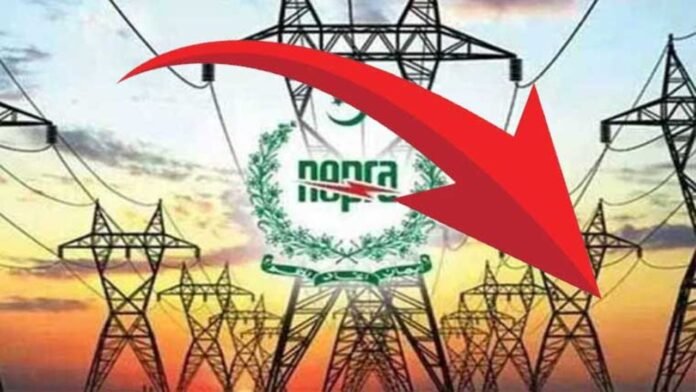The government has suggested that there may be a decrease in the tariff per unit of electricity, which could provide some relief for customers who are facing higher utility bills. This revision is expected to be implemented through the monthly fuel price adjustment mechanism, which is a routine measure designed to mirror changing costs in fuel used for power generation.
NEPRA Receives Request for 31-Paisa Per Unit Reduction Electricity Price
The Central Power Purchasing Agency (CPPA) has officially submitted an application to the National Electric Power Regulatory Authority (NEPRA) asking for a reduction of 31 paise per unit in electricity price. They specifically made this application under the fuel price adjustment for July, which is a routine procedure where they adjust fuel costs incurred during power production in the next month’s billing.
Although not large, this decrease signifies ongoing attempts by the government to manage and possibly reduce burdens upon consumers.
NEPRA’s Role in Adjusting Electricity Price
NEPRA plays a vital role within the regulatory framework governing Pakistan’s electricity sector as it determines such changes after approval from relevant quarters. On 28th August NEPRA will hold a public hearing on this issue where different stakeholders including representatives from consumer organizations and industry experts will share their views regarding the proposed cutback.
This hearing is an important step towards ensuring transparency and fairness in setting up electricity tariffs because it allows for consideration of various factors like the actual cost of fuels incurred during the g generation process, and efficiency levels at power plants among others vis-à-vis the effect on a national grid system.
Possible Effects on Consumers’ Electricity Prices
If passed, though small, these thirty-one paisas per unit reduction would have observable effects on monthly electric bills; every penny saved counts when dealing with household budgets or running businesses especially those having high consumption rates. Further moments like this also work towards inflation alleviation points since energy forms part of overall consumer price indices thus lowering power costs could ease pressure on manufacturing industries heavily reliant on electricity for their operations.
Government’s Efforts Towards Energy Sector Reforms
Government authorities are taking many steps to reform the energy sector, and this move is just one of them. They aim to increase efficiency, reduce losses, and ensure fair pricing. In recent years, they have launched several sustainable development initiatives and made efforts to reduce overdependence on expensive imported fuels
Among key things done during these reforms includes emphasis on renewable sources which besides being less dirty can also turn out cost-effective over time. Sunlight, wind, and water power projects have received significant backing from relevant quarters as part diversification drive.
Difficulties Faced While Trying To Lower Power Costs
Even so, lowering power costs still presents complex challenges.
Nevertheless, the fact that the administration is ready to discuss even a slight drop in tariffs sends out a positive message. It shows their dedication to solving consumer and business problems which are always aggravated by expensive energy.
Conclusion
The suggested decrease of 31 paise per unit in electricity prices may be small but it is still a move in the right direction. This is indicative of ongoing government efforts aimed at controlling energy costs while also bringing some relief to consumers. As NEPRA prepares to hold hearings on this issue, many remain optimistic that they will approve these reductions, resulting in lower electricity bills for millions of households across the nation.


